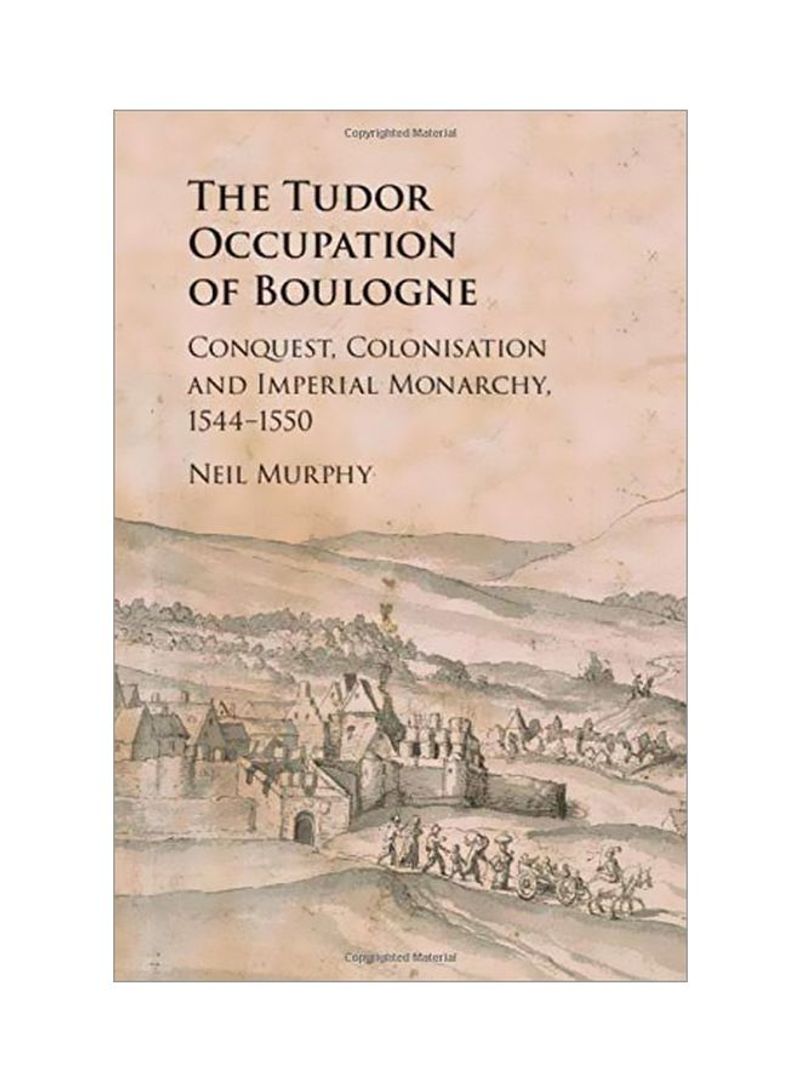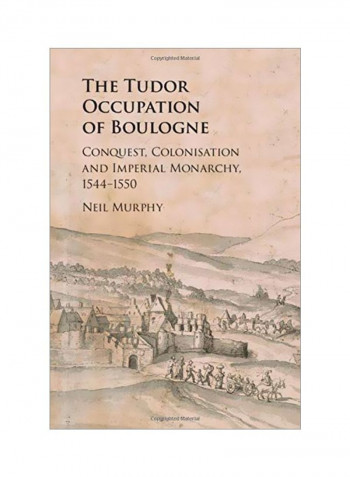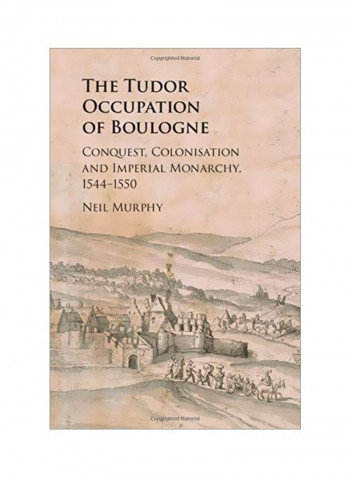The Tudor Occupation Of Boulogne: Conquest, Colonisation And Imperial Monarchy, 1544-1550 Hardcover
Recommend
Sort by
Rating
Date
Specifications
Author 1
Neil Murphy
Book Description
In 1544, Henry VIII led the largest army then ever raised by an English monarch to invade France. This book investigates the consequences of this action by examining the devastating impact of warfare on the native population, the methods the English used to impose their rule on the region (from the use of cartography to the construction of fortifications) and the development of English of colonial rule in France. As Murphy explores the significance of this major financial and military commitment by the Tudor monarchy, he situates the developments within the wider context of English actions in Ireland and Scotland during the mid-sixteenth century. Rather than consider the plantations established in the mid-sixteenth century Ireland as the 'laboratory' for a new form of empire, this book argues that they should be viewed along with the Boulogne venture as the English crown's final attempt to establish colonies through the use of state resources alone.
ISBN-13
9781108472012
Language
English
Publisher
Cambridge University Press
Publication Date
31 March 2019
Number of Pages
312
About the Author
Neil Murphy is Associate Professor in History at Northumbria University. He has authored two books, The Captivity of John II, 1356-60: The Royal Image in Later Medieval England and France (2016) and Ceremonial Entries, Municipal Liberties and the Negotiation of Power in Valois France, 1328-1589 (2016) as well as almost twenty articles and chapters. He is the review editor of the journal, Archives.
Editorial Review
The author makes a strong case for the occupation of Boulogne as the wellspring for Tudor colonial policy and demonstrates the enduring importance of the idea of a cross-channel empire rather than the insular one described by some historians.' D. R. Bisson, Choice 'The author makes a strong case for the occupation of Boulogne as the wellspring for Tudor colonial policy and demonstrates the enduring importance of the idea of a cross-channel empire rather than the insular one described by some historians.' D. R. Bisson, Choice



